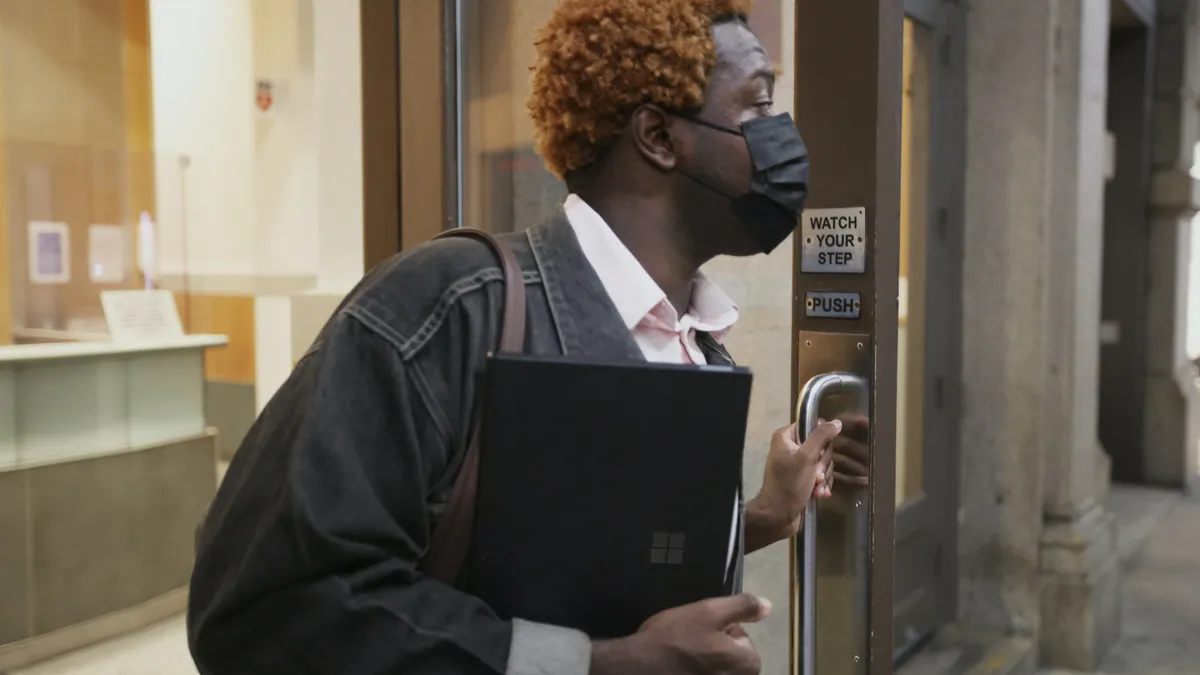Dive Brief:
- Microsoft is expanding its accessible hiring initiatives to embrace neurodiverse individuals, via a program dubbed the Neurodiversity Career Connector. In its pilot phase as of last month, the networking program connects neurodiverse talent with disability-inclusive employers.
- Front and center are companies belonging to the Neurodiversity @ Work Employer Roundtable, a collective dedicated to neurodiversity-focused hiring initiatives. Members — big names include Deloitte, HP, IBM, Salesforce and Willis Towers Watson — can access the Microsoft-led career connector to attract these diverse job candidates.
- Microsoft has its own dedicated neurodiversity hiring program, separate from the NDCC. Individuals that apply to jobs through this initiative participate in an extended interview process where recruiters discuss workability, interview prep and skill assessment with candidates.
Dive Insight:
"Neurodiversity," a term coined by sociologist Judy Singer in the 1990s, refers to the range of differences in individual brain function and behavioral traits, regarded as part of normal variation in the human population. Typically, neurodivergence encompasses disabilities such as ADHD, autism, dyslexia and Tourette syndrome. Like many disabilities, these conditions can make the job search more difficult — often due to recruiter bias and systemic ableism.
Microsoft said it built its in-house neurodiversity hiring program on the belief that "neurodivergent individuals strengthen a workforce with innovative thinking and creative solutions." Speaking on its separate disability hiring program, Microsoft said its intent is to create an environment wherein talent with disabilities can thrive, mitigate staffing gaps, spark innovation and support a strong workplace culture.
Along with Microsoft, EY appears to be leading the charge among the Neurodiversity at Work collective. Last spring, the company announced the launch of its sixth Neuro-Diverse Center of Excellence in Boston. A team of 10, which included employees with autism and dyslexia, aims to "transform" the way the New England company hub interacted with its clients, EY Boston leadership said.
The above commitments demonstrate an approach that goes beyond a check-the-box approach to diversity and inclusion or the limits of an employee resource group — efforts that often center on cultural education and socializing. Connecting underrepresented talent to professional opportunities and psychologically safe workplaces is how employers can strive for true equity, sources previously told HR Dive.












